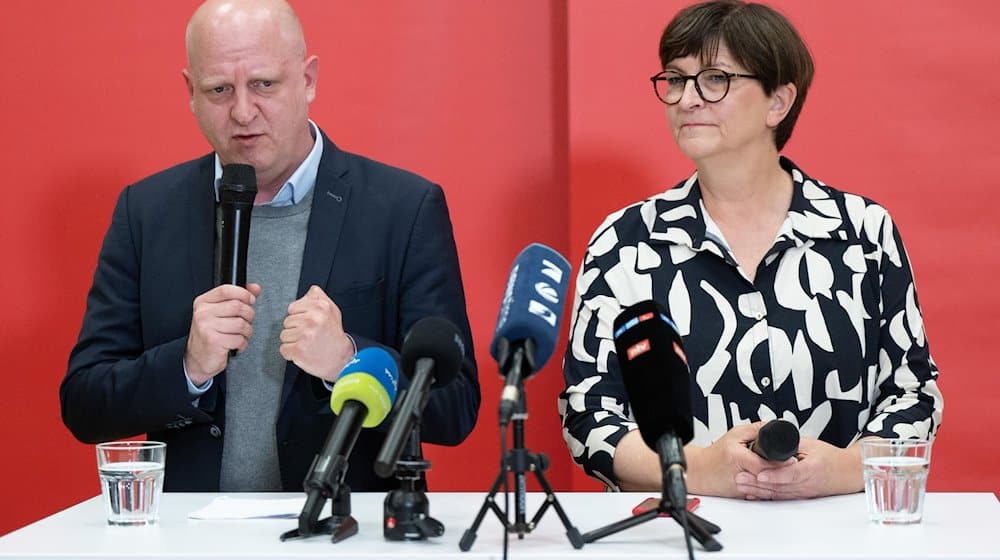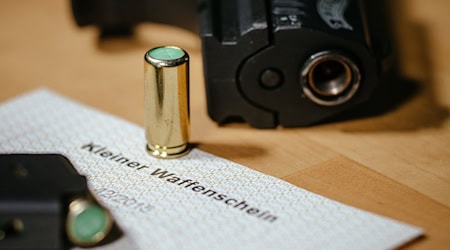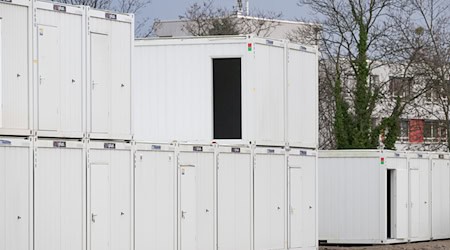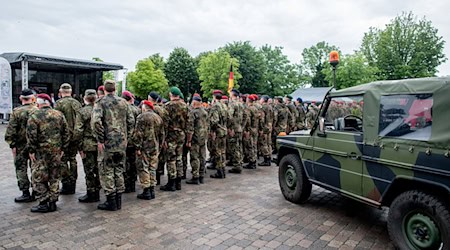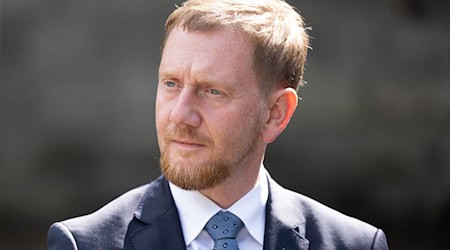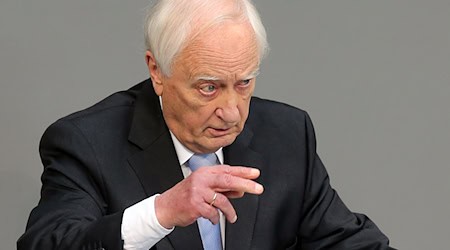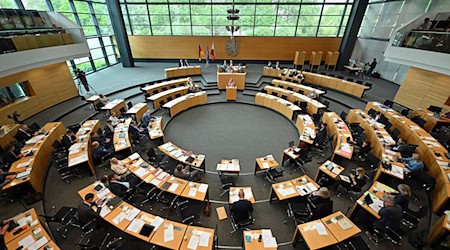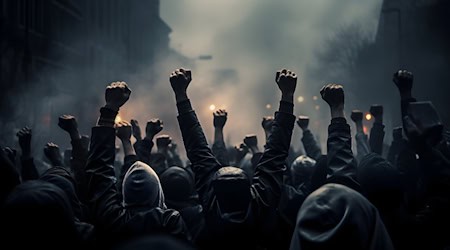After the brutal attack on SPD politician Matthias Ecke while he was putting up election posters in Dresden, the search for three previously unknown perpetrators continues. The background to the attack also remains unclear. The 17-year-old suspect, who had turned himself in, has not yet revealed the motive for the attack, the police wrote on the X platform (formerly Twitter) on Sunday evening. At the same time, the discussion about possible consequences of the escalation of violence is coming into focus. The federal and state governments want to discuss the issue on Tuesday. Federal Interior Minister Nancy Faeser (SPD) is calling for better protection for politicians and helpers during election campaigns.
On Friday evening, Ecke, the leading SPD candidate for the European elections in Saxony, was beaten up while putting up election posters in Dresden. The 41-year-old was taken to hospital with a fracture to his cheekbone and eye socket as well as haematomas and cuts to his face. Ecke underwent surgery on Sunday and is doing well under the circumstances, said Saxony's SPD leader Henning Homann. According to the police, shortly before the attack on the SPD politician, the same group had presumably attacked and injured a 28-year-old Green Party campaign worker nearby.
The police believe there are four suspects. On Sunday night, a 17-year-old turned himself in to the police and confessed to the attack on Ecke. The three other suspects are still unknown. According to the police, the young men are estimated to be between 17 and 20 years old. According to witnesses, they were dressed in dark clothing, a police spokesman said. One witness attributed them to the right-wing spectrum.
Saxony's Minister President Michael Kretschmer (CDU) denounced the growing aggression and increasing violence within society. "These are enemies of democracy (...) It really is five to twelve," he said on the ARD program "Caren Miosga" on Sunday evening. It was important to put a stop to this. We still have the power to change things. But there is a new quality. This must not go unchallenged. Right-wing populists would incite the population.
Search for further perpetrators - SPD only wants to put up posters during the day
The investigations are continuing, under high pressure, as Saxony's Interior Minister Armin Schuster (CDU) explained. "We will ensure that all perpetrators are brought to justice." At the same time, he spoke out in favor of intensifying cooperation between party headquarters and the Saxon police during the election campaign in order to better protect participants at events, for example. Saxony's SPD leader announced that posters would only be put up during the day and that the teams would be enlarged.
"We need an even more visible police presence on the ground to protect democrats at election campaign stands and events," Federal Interior Minister Faeser told the Rheinische Post newspaper (Monday) in light of the attack on Ecke and other politicians and election workers in recent days. "In terms of the rule of law, we must now act with more severity against perpetrators of violence and more protection for democratic forces," she emphasized. She will discuss this "very quickly" with the interior ministers of the federal states. The chairman of the conference of interior ministers, Brandenburg's head of department Michael Stübgen (CDU), has invited his departmental colleagues to a special conference on Tuesday.
Widespread solidarity with those attacked
In Dresden and Berlin on Sunday evening, numerous people demonstrated for democracy and against violence during the election campaign, including many well-known politicians. Around 3,000 people gathered in Saxony's state capital and, according to the "Together Against the Right" alliance, which organized the demonstrations, there were just as many people in front of the Brandenburg Gate in Berlin.
Politicians from almost all major parties also joined forces to speak out against violence in political disputes. By Sunday afternoon, more than 100 members of various parliaments had signed the so-called Striesen Declaration, which opposes "the ever-escalating violence against politically engaged people in public spaces". The attacks in Dresden took place in the middle-class district of Striesen.
Warnings against cutting back on internal security
Against the backdrop of attacks on election campaigners, interior politicians from the SPD and Greens have warned Federal Finance Minister Christian Lindner (FDP) against cutting back on internal security. "Anyone who wants to make savings in the interior ministry in these times is taking an axe to democracy. We must do the opposite and put together a security and democracy package". The Greens' interior expert Marcel Emmerich also warned in "Der Spiegel": "In view of the internal and external pressure on our security and democracy, such cuts in the area of internal security would be foolish and negligent." Konstantin von Notz, deputy leader of the Green Party, reiterated the call for a "special fund for internal security".
Elections also taking place in thousands of municipalities
This year, in addition to the European elections and the state elections in Saxony, Thuringia and Brandenburg, numerous local elections are also taking place. André Berghegger, Chief Executive of the German Association of Towns and Municipalities, pointed out that local politicians in particular are easily accessible for insults, incitement, hatred or even physical attacks and is concerned about the increasing number of attacks on election campaigners. "In 2024, more than 110,000 seats will be up for election in around 6,000 cities and municipalities," he told Redaktionsnetzwerk Deutschland (RND/Monday). The events of the past few days were therefore a cause for great concern.
Copyright 2024, dpa (www.dpa.de). All rights reserved

